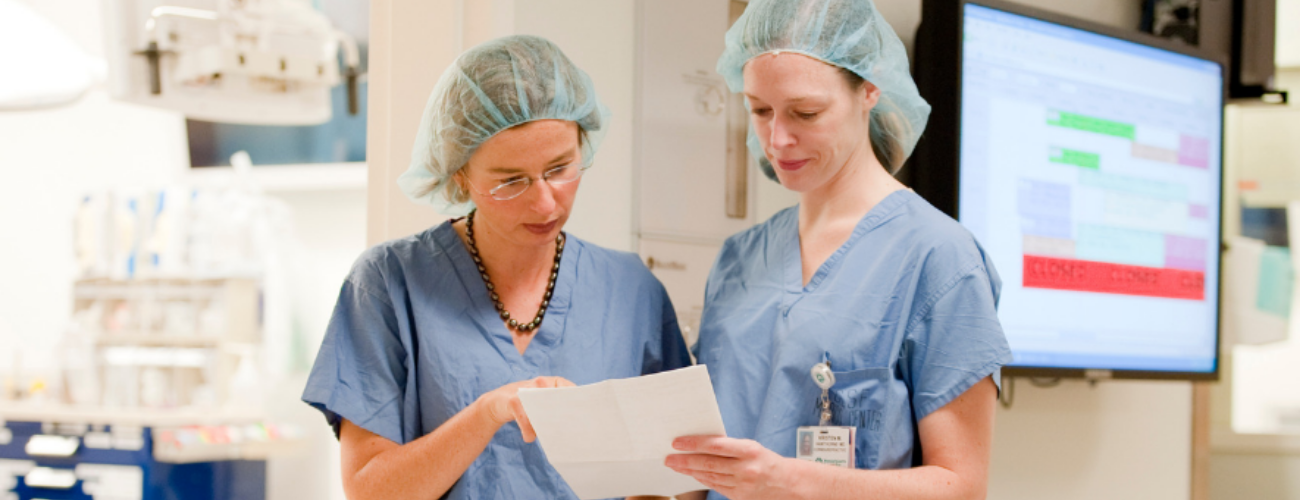Ophthalmology
Neuro-Ophthalmology Fellowship
Overview
The Neuro-Ophthalmology Fellowship Program educates three clinical neuro-ophthalmology fellows per academic year, with the goal of providing unparalleled training in clinical neuro-ophthalmology, as well as providing mentorship and support for developing a career in academic medicine. The fellows learn from a diverse faculty as they rotate through the Neuro-Ophthalmology services at Mass Eye and Ear, Brigham and Women’s Hospital, Mass General Hospital, Boston Children’s Hospital, and Beth Israel Deaconess Medical Center.
Clinical experiences are structured to provide a varied exposure to common and rare neuro-ophthalmic conditions. Starting in 2025, approximately 15-20% of fellowship clinical time is spent in pediatric neuro-ophthalmology. We also provide ~20% protected time for fellows to conduct clinical research, with the expectation that they will publish their work by the end of their year of fellowship.
A robust set of lectures and conferences for fellows complements the diverse set of clinical experiences. During the first 4 weeks, fellows participate in a didactic series of lectures to prepare them on must-know topics. Core conferences for the remainder of the year include the Management Conference (~2-3 times per month), Resident Teaching Conference (weekly), hot-topic or landmark journal article discussion (monthly), and research talks, which also feature some faculty from outside of neuro-ophthalmology faculty.
History
The Neuro-Ophthalmology Service was founded by the world-renowned pathologist and neuro-ophthalmologist Dr. David Cogan in the 1950s. Since then, it has been continued to be led by international leaders in neuro-ophthalmology, including Drs. Simmons Lessell and Joseph Rizzo III, who have grown it into one of the largest Neuro-ophthalmology services in the world. Our faculty include clinician scientists across several Harvard Ophthalmology affiliates, including Mass Eye and Ear, Brigham and Women’s Hospital, Mass General Hospital, Boston Children’s Hospital, and Beth Israel Deaconess Medical Center, and they have varied research and surgical interests.
Rotation Schedule
Below is an approximate schedule for academic year 25-26.
| Time of Day | Monday | Tuesday | Wednesday | Thursday | Friday | |
| Fellow 1 | AM | Estrela (MEE) | Cestari (MEE) | Academic | Rizzo (MEE) |
Mallery (MEE)/
Estrela (MEE, peds)
|
| Fellow 1 | PM | Academic | Cestari (MEE) | Gise (BCH) | Rizzo (MEE) |
Mallery (MEE)/
Estrela (MEE, peds)
|
| Fellow 2 | AM | Cestari (MEE) | Gise/Heidary (BCH) | Rizzo (MEE) | Rizzo (MEE) | Academic |
| Fellow 2 | PM | Cestari (MEE) | Gise/Heidary (BCH) | Rizzo (MEE) | Rizzo (MEE) | Academic |
| Fellow 3 | AM | Chwalisz (MGH) | Mallery (BWH) | Academic |
Heidary (BCH)/
Torun (BIDMC)
|
Bouffard (BWH) |
| Fellow 3 | PM | Chwalisz (MGH) | Mallery (BWH) | Academic |
Heidary (BCH)/
Torun (BIDMC)
|
Bouffard (BWH) |
*Abbreviations: MEE: Mass Eye and Ear; BCH: Boston Children's Hospital; MGH: Mass General Hospital; BIDMC: Beth Israel Deaconess Medical Center
Highlights
- Fellowship Program Director: Robert M. Mallery, MD
- Associate Fellowship Program Director: Tais Estrela, MD
- Neuro-Ophthalmology Service Director: Joseph F. Rizzo III, MD
Program length: 1 year (beginning in July) - Number of positions: 3
- Additional faculty: Bardia Abbasi, MD; Marc Bouffard, MD; Dean Cestari, MD; Bart Chwalisz, MD; Eric Gaier, MD, PhD; Ryan Gise, MD; Gena Heidary, MD, PhD; and Nurhan Torun, MD
AUPO-Certified
This fellowship is certified by the Association of University Professors of Ophthalmology Fellowship Compliance Committee (AUPO FCC).
Program Details
Clinical Responsibilities
Fellows play a significant role in the assessment, examination, and management of patients referred to the Neuro-Ophthalmology Service—one of the largest in the world.
The fellows also have responsibility in the oversight of our “Consult” service, which provides evaluations for all types of Ophthalmic or Neuro-Visual problems of patients who are referred from Massachusetts General Hospital.
Ophthalmology trained fellows, can broaden their exposure to common ophthalmic disorders by staffing the Mass Eye and Ear Emergency Department (for a limited number of hours per month).
Teaching
Fellows play a significant role in the oversight and education of residents and medical students who rotate through our service. This includes helping to manage cases and providing education on the cases seen.
They also are expected to read relevant literature, and to share presenting 1-2 cases at each Management Conference (2-3 times per month) to allow an open discussion about the management of difficult cases.
Research
Harvard Neuro-ophthalmology fellows are provided one day per week to work on a meaningful research project under supervision of one or more faculty mentors. Incoming fellows are connected with potential faculty mentors sharing areas of interest prior to the start of fellowship. Publication of work by the completion of fellowship is expected.
Additional Activities
Professional development and attendance at Grand Rounds and the weekly resident-oriented neuro-ophthalmology case conference are expected.
All applicants must be eligible for a full medical license per the Massachusetts Board of Registration in Medicine.
The Neuro-ophthalmology Fellowship participates in the San Francisco Match Program: #8981
To learn more or request an application, contact Dr. Robert Mallery.
Resources and Benefits
For a list of benefits, salary information, health insurance, childcare, and perks, visit the Mass General Brigham Graduate Medical Education Resources website
Professional Meetings
Fellows are encouraged to attend the annual North American Neuro-ophthalmology Society (NANOS) meeting held in early Spring.


